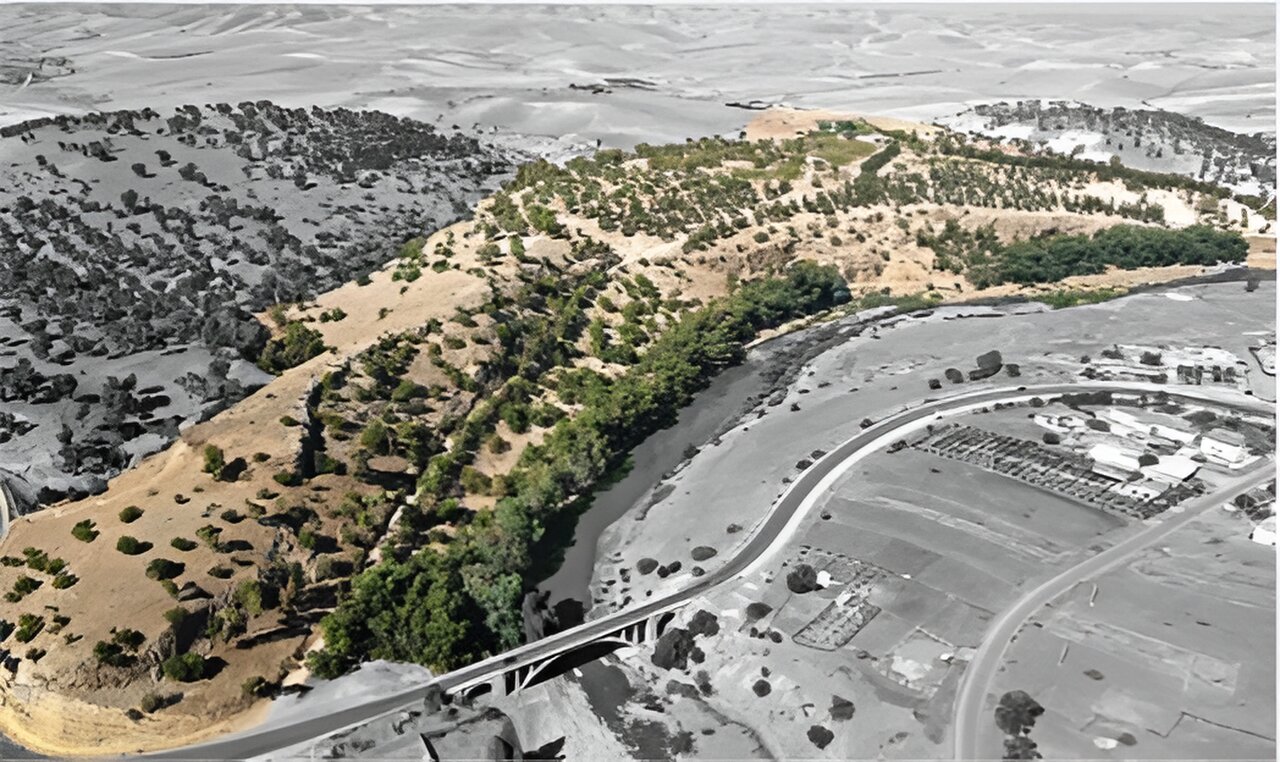A group of Moroccan, British, and Italian archaeologists unearthed north-western Africa’s oldest farming complex dating back to 3400-2900 BC in Oued Beht in Morocco, underscoring the country’s key role in the neolithic era in the Mediterranean.
The previously unknow Neolithic agricultural complex was unearthed in Oued Beht about 100km east of Rabat and shares similarities with Iberian late Stone Age sites, according to a study published by the Antiquity journal.
According to researchers, the discovery fills a gap in the region’s historical research. Although North Africa had an impact in the development of societies during the Iron Age and Islamic periods and even as far back as the Palaeolithic (about 2.58 million to 11,700 years ago), a gap of knowledge existed for the Maghreb between about 6,000 and 3,000 years ago.
“For over 30 years I have been convinced that Mediterranean archaeology has been missing something fundamental in later prehistoric north Africa,” says Cyprian Broodbank, a professor at the University of Cambridge.
“Now, at last, we know that was right, and we can begin to think in new ways that acknowledge the dynamic contribution of Africans to the emergence and interactions of early Mediterranean societies.”
Among the Oued Beht finds were domesticated plant and animal remains, pottery, and stone tools.



